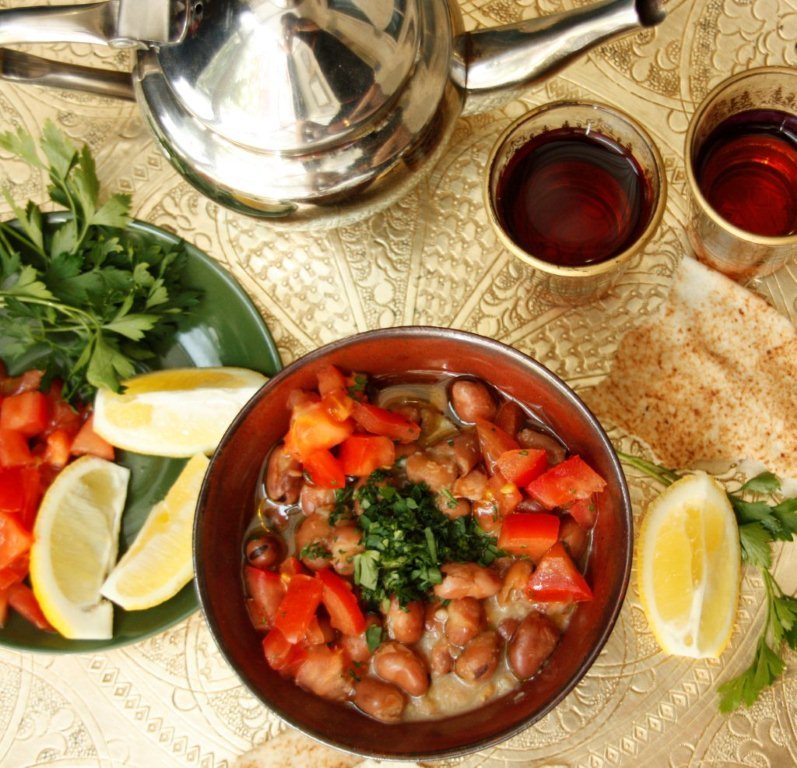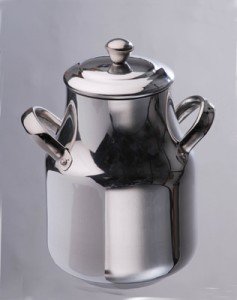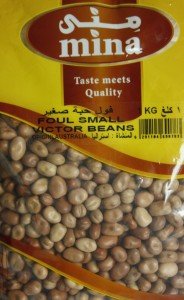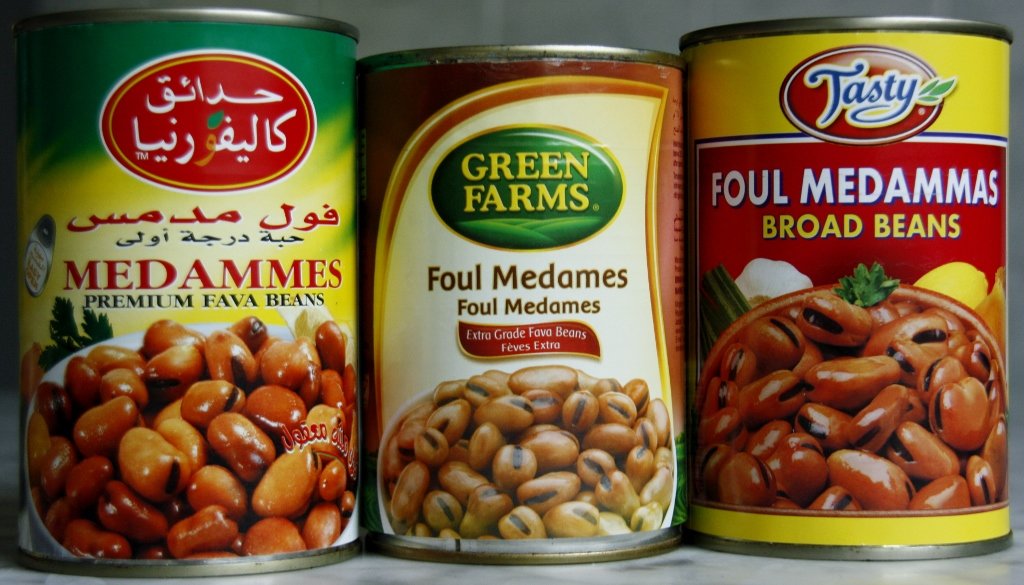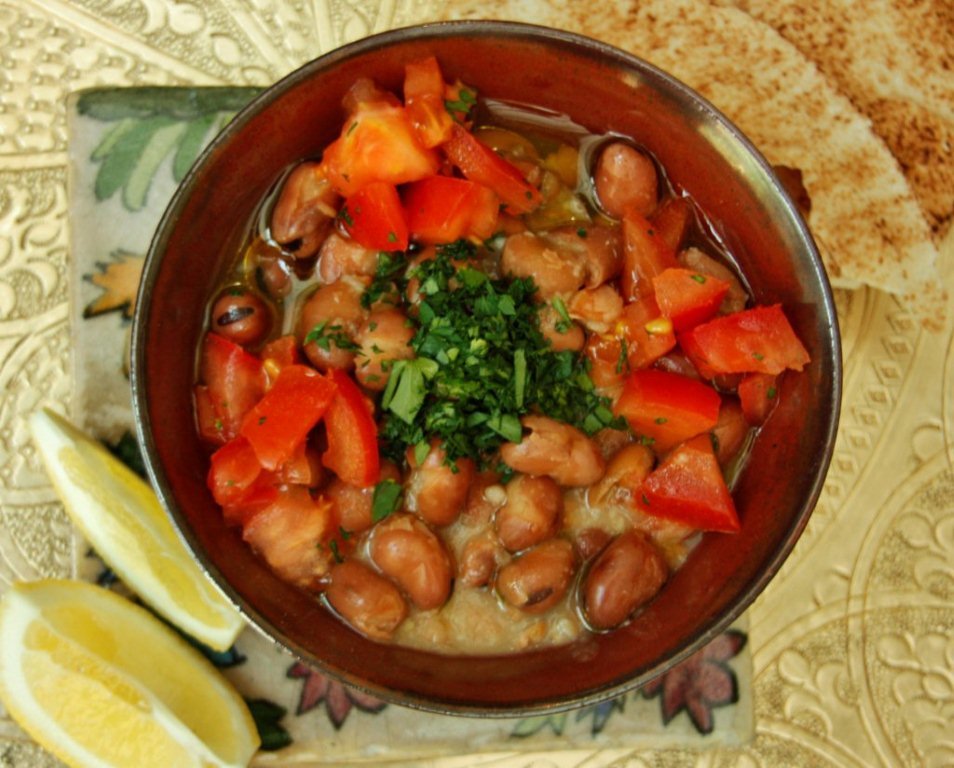Ful for You ~ An Egyptian Breakfast
Ful, a hearty dish made from fava beans, is an everyday food across the Arab World, but is unknown to most Westerners. Ful is most associated with Egypt, which considers it their national dish, typically eaten for breakfast, but also any time of day as a dip, a main dish or sandwich filling.
Some consider ful a “dish of the poor,” but there’s nothing poor about its nutrition or flavor, which is tart, pungent, and earthy, enhanced with lemon and garlic. A peasant dish eaten in the street and the home, ful also appears as a mezze plate in expensive restaurants.
What I love about ful: it’s not only healthy and delicious, but a great dish for those in a hurry, on a budget or who need something filling. It offers a tasty alternative to hummus, which has become a been-there-done-that food.
Egyptians traditionally cook fava beans for hours over a low flame in an idra, a special pot which tapers to a narrow neck. Egyptian street vendors prepare and serve ful in this way.
However, it seems most home cooks today prepare ful in a saucepan on the stove. Some even use a microwave. When I first saw my Palestinian husband’s family make ful, they heated it over a flame right in the can, cowboy-style. I do not recommend this method.
The variations for ful are endless. Fava beans can be puréed, mashed or left with the beans intact. The seasonings vary widely from cumin to paprika and chili powder. Those who like a kick will add cayenne pepper or finely diced hot chilies. Lebanese and Palestinians often add chick peas.
The standard garnishes are olive oil, tomatoes and fresh parsley. Additional toppings on the side can include: chopped onions, fresh mint, radishes, tahini, or hard-cooked eggs. There is no one right way to make this dish.
Fava Beans
Fava beans, also known as broad beans, are a staple in much of the world. The beans come encased in long fat green pods. Fava beans vary in size from ½ inch to a full inch. The large greenish beans require longer soaking and cooking and need to have their skins removed. What we are concerned with here are the small brown beans, the ones commonly used for this dish. The beans are labeled in a variety of ways.
Below is my recipe for Ful Medammes, the most common and basic way to serve ful. Some cooks will want to soak dried beans overnight while spontaneous cooks will prefer to open a can. I have included directions for both. Proportions are not precise; cook according to your taste and preference.
FUL MEDAMMES
Serves 4 as a side dish
1 can (14 oz. / 450 g) fava beans (ful medammes) or 1 cup small dried fava beans
1 teaspoon baking soda (for dried beans only)
2 cloves garlic, pressed
½ teaspoon cumin
juice from 1 lemon
salt
1 tomato, chopped
olive oil
¼ cup fresh parsley, finely chopped
Method
- Prepare the beans. For dried fava beans: sort and soak overnight in 3 cups water with baking soda. The next day, rinse and cover with fresh un-salted water in large saucepan. Cover and simmer gently about 1 hour or until beans are soft enough to mash. Stir occasionally and add more water if necessary. For canned fava beans: heat the can of beans (including liquid) gently in large saucepan until boiling. Simmer on low for 10 minutes to heat through. (Alternatively, heat beans in microwave.)
- In a small bowl, mix the pressed garlic with the cumin, lemon juice, and salt (½ t salt with canned beans, more for dried).
- Remove the fava beans with a slotted spoon and transfer to mixing bowl. Partially mash the bean mixture with fork or pestle, leaving some or most beans intact. Add the lemon juice mixture and gently stir in. Add more cooking liquid if necessary, keeping the beans wet but not soupy. Taste and add more salt or lemon juice if necessary.
- Transfer the ful to a shallow serving dish. Top with chopped tomatoes and a generous drizzle of olive oil. Finish with the chopped parsley.
- Serve warm or at room temperature with sweet tea and fresh Arabic bread. Optional additions on the side: extra lemon wedges, chopped onion, sliced cucumber, chopped green pepper, fresh mint, crumbled feta cheese and/or one hard-cooked egg for each person.
